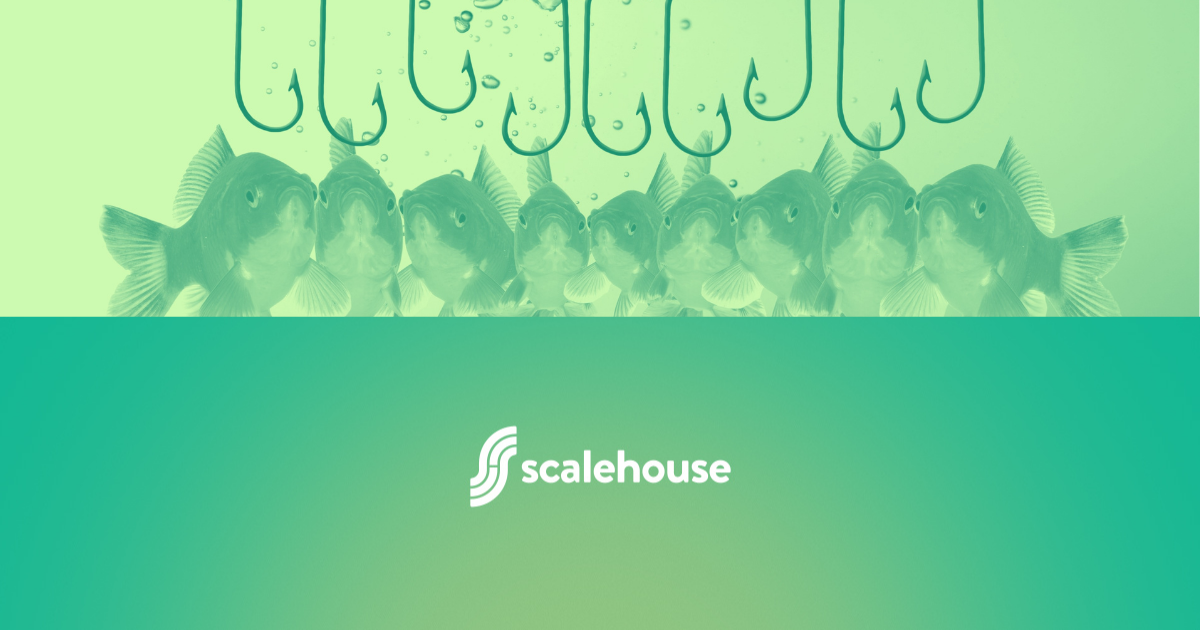The Easiest Person to Fool
 Kristin Luck
Kristin Luck
Physicist Richard Feynman once said, “The first principle is that you must not fool yourself, and you are the easiest person to fool.” One way we fool ourselves is by imagining we know more than we do; we think we are experts in subjects that we are in fact, not.
I’ve written a lot about the importance of grit when it comes to scaling a business….and the equal importance of wit. That said, I grew up in the 80’s where my father encouraged me to always trust my gut. For instance, if you’re unsure of the right answer on a test, trust your gut. Go with your first instinct.
One way we fool ourselves is by imagining we know more than we do; we think we are experts in subjects that we are in fact, not.
Yet, if you look at the research, students who don’t go with their first instinct, who reject their gut, actually improve their scores on average. And so, as Professor Adam Grant says on a recent episode of the Hidden Brain podcast “There's a fallacy that your first thoughts are your best thoughts. A lot of times, intuition is just a subconscious pattern recognition. And the patterns that you're recognizing from the past may not be relevant to the problem you're solving right now in the present.”
This “first instinct fallacy” impacts not only our personal lives, but our businesses as well (case in point…the meteoric rise and fall of Blackberry). Listen in to Professor Grant and Hidden Brain host Shankar Vedantam discuss why the easiest person to fool is yourself…and how to avoid the first instinct fallacy.
The Easiest Person to Fool
Interested in talking more about how to avoid your own first instinct fallacy? Reach out to us.


